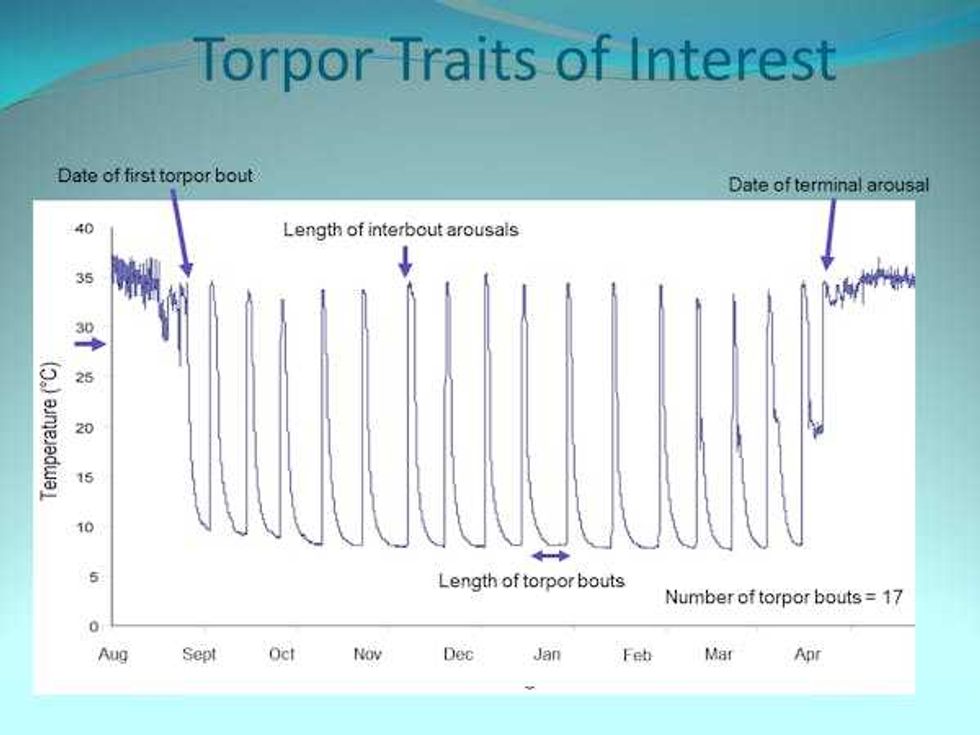Since becoming the Trump administrations’ Education secretary, Betsy DeVos has been dead-set on repealing Obama-era protections for America’s most vulnerable students.
Shortly after taking office, she revoked guidelines that protect transgender students’ bathroom access. Then, in September, her office announced that it was reviewing federal guidelines for handling sexual assault on college campuses, with aims to improve protections for the accused.
Documents leaked to the Associated Press show that DeVos’ department is now taking aim at repealing guidelines from the previous administration that protect students and parents who make civil rights violation claims. Currently, investigations are required to examine whether incidents are part of a broader, systemic problem — but according to the leaked documents, the department will begin limiting the scope of civil rights investigations, treating them as individual complaints.
By limiting the scope of investigations, schools may overlook the systemic issues that lead to alleged violations. When these patterns are left unaddressed, they may fester, proliferating discrimination; yet the proposed policy revisions handed out to civil rights officials at the department last week completely eliminated the word “systematic” from the new guidelines.
Another proposed policy would allow schools to negotiate a resolution with the Office of Civil Rights before any findings are reported to parents in a letter.
“The letter may still reach the same result, but it may be completely diluted of any fact that would inform the parent and the community about what’s going on in the school,” Seth Galanter, who formerly served under Obama's Education Department as the principal deputy assistant secretary for human rights, told the Denver Post.
DeVos’ new policies come at a time when the Department of Education is under the threat of massive budget cuts. Earlier in the year, the Trump administration called for $9 billion — 13.5% of the total budget — in spending cuts for the administration.
If implemented, these cuts would result in the elimination of 40 of the Office for Civil Rights’ 570 employees.



















 What foods would you pick without diet culture telling you what to do?
What foods would you pick without diet culture telling you what to do?  Flexibility can help you adapt to – and enjoy – different food situations.
Flexibility can help you adapt to – and enjoy – different food situations.
 Female groundhog emerging from her burrow in late January.Stam Zervanos, Author provided
Female groundhog emerging from her burrow in late January.Stam Zervanos, Author provided This Maine groundhog had 17 torpor bouts where body temperature went up and down.Stam Zervanos, Author provided
This Maine groundhog had 17 torpor bouts where body temperature went up and down.Stam Zervanos, Author provided Male groundhog (on the right) greeting a female groundhog for the first time after they emerge from their separate burrows.Stam Zervanos, Author provided
Male groundhog (on the right) greeting a female groundhog for the first time after they emerge from their separate burrows.Stam Zervanos, Author provided
 A beluga whale frolicking in the oceanCanva
A beluga whale frolicking in the oceanCanva  A beluga whale pops up from the waterCanva
A beluga whale pops up from the waterCanva 

 A woman sits in a new car at a dealershipCanva
A woman sits in a new car at a dealershipCanva GIf from 'Pretty Woman' of Roberts saying "BIg mistake. Big. Huge." via
GIf from 'Pretty Woman' of Roberts saying "BIg mistake. Big. Huge." via 
 People voting. Photo credit:
People voting. Photo credit:  Young women rally. Photo credit:
Young women rally. Photo credit:  Tressie McMillan Cottom.Tressie McMillan Cottom/
Tressie McMillan Cottom.Tressie McMillan Cottom/